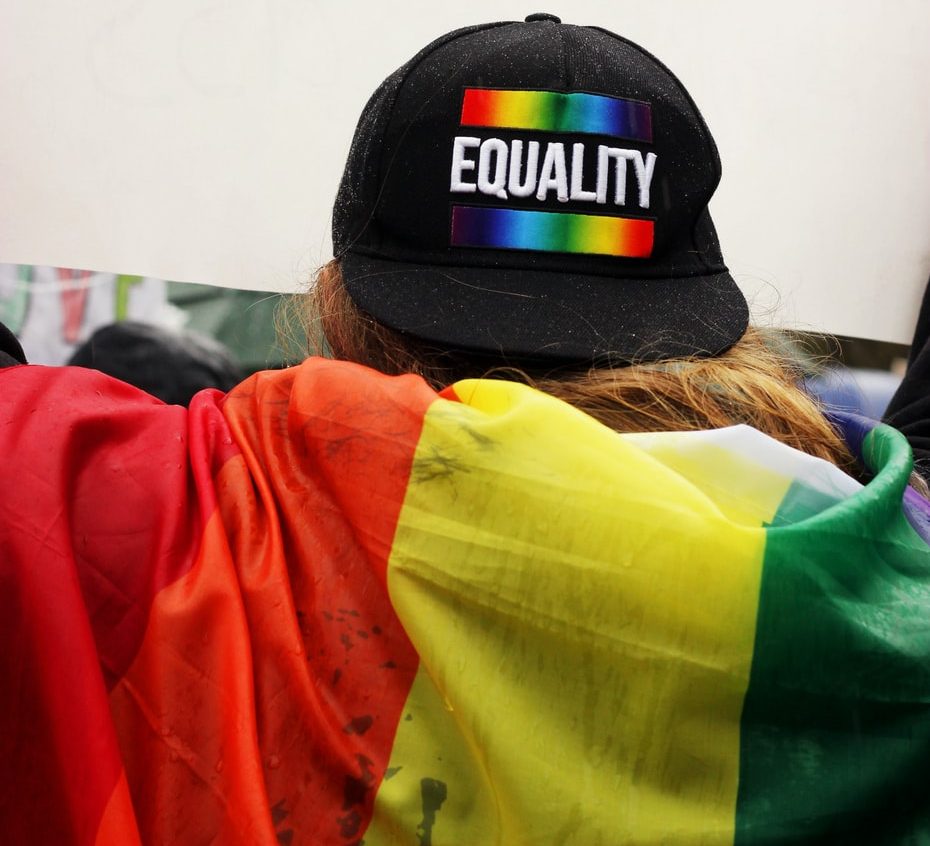In a highly-anticipated, landmark decision, the United States Supreme Court held that Title VII of the Civil Rights Act of 1964 prohibits employers from discriminating against LGBTQ employees because of their sexual orientation or gender identity. For the vast majority of its existence, Title VII has made it unlawful for employers to discriminate against employees on the basis of race, color, religion, sex, or national origin, but noticeably missing from the text of federal statute was any reference to sexual orientation or gender identity. With such a void in mind, district courts and various courts of appeal across the U.S. have been divided as to whether Title VII’s prohibition on sex discrimination encompasses sexual orientation and gender identity.
In light of the Supreme Court’s decision in Bostock v. Clayton County, Georgia, the question of whether or not the federal anti discrimination statute applies to sexual orientation or gender identity is no longer in doubt. After the U.S. Court of Appeals for the Eleventh Circuit held that Title VII does not protect an employee against discrimination because of his or her sexual orientation (relying on circuit precedent), Gerald Bostock sought Supreme Court intervention, and in a decision drafted by Justice Neil Gorsuch, the nation’s highest court held on Monday that “an employer who fires an individual merely for being gay or transgender violates Title VII.”
Specifically, the court held that “an employer who fires an individual for being homosexual or transgender fires that person for traits or actions it would not have questioned in members of a different sex.” As such, Justice Gorsuch, who was joined by Chief Justice Roberts and Justices Ginsburg, Breyer, Sotomayor, and Kagan in the majority (with Justices Thomas and Kavanaugh dissenting), stated, “Sex plays a necessary and undisguisable role in the decision, [which is] exactly what Title VII forbids.”
Elaborating, Justice Grouch writes, “It makes no difference if other factors besides the plaintiff’s sex contributed to the [employment] decision or that the employer treated women as a group the same when compared to men as a group. A statutory violation occurs if an employer intentionally relies in part on an individual employee’s sex when deciding to discharge the employee.” Because discrimination “on the basis of homosexuality or transgender status requires an employer to intentionally treat individual employees differently because of their sex, an employer who intentionally penalizes an employee for being homosexual or transgender also violates Title VII.”
The Court consolidated three cases – in each of which :an employer allegedly fired a long-time employee simply for being homosexual or transgender,” according to the court – to determine whether LGBTQ employees are protected under Title VII, thereby, resolving all three with its decision on Monday. Two of those cases centered on employees who were terminated because they were gay. The third case, which came by way of a federal court in Michigan, involved an employee, who alleged that she was terminated after disclosing her gender transition to her employer.
In light of the court’s recent decision, Fred Gaona, Jennifer Rulon, and Brice Smallwood, labor and employment lawyers at Frost Brown Todd, encourage employers to “ensure that their handbooks and equal employment opportunity policies are updated to include protections for sexual orientation and gender identity.” More than that, they say that employers “should also ensure that their workplace training is broad enough to cover protections for LGBTQ employees.”
The Supreme Court’s decision comes several years after Saks Fifth Avenue was sued for allegedly discriminating against an employee on the basis of gender identification. Transgender woman Leyth O. Jamal, who was employed by Saks Fifth Avenue in Houston’s Galleria store, filed suit against the retailer in September 2014, alleging that she was fired in retaliation for reporting a hostile work environment. Jamal asserted in her complaint that she was harassed as a result of her trans identity, forced to use the men’s restroom, and subjected to intentional and repeated use of male pronouns by her coworkers, and then fired.
In response to Jamal’s complaint, counsel for Saks argued that Title VII did not protect transgender individuals from discrimination, and thus, Jamal lacked the basis to file suit. On the heels of that filing, the retailer, faced with an immense amount of media scrutiny, withdrew its bid to have the case tossed out of court, but not before the U.S. Department of Justice (“DOJ”) filed a statement of interest, in which it argued that Title VII does provide protection for transgender individuals. While the language of Title VII only explicitly includes protection for individuals based on their “race, color, sex, religion and national origin,” the DOJ argued at the time that protection for transgender individuals arises from the way the term “sex” is construed.
The matter was ultimately resolved between the parties out of court and dismissed in March 2015.











